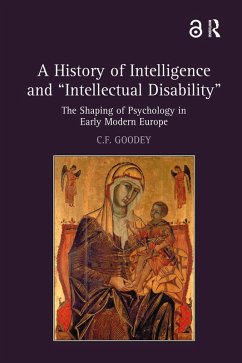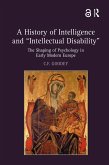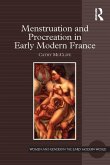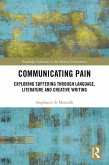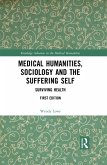Autism, Down syndrome, and other such labels assume that 'intellectual disability' is a permanent aspect of human nature. C.F. Goodey demonstrates that intellectual disability and even intelligence are instead historically contingent creations, which are rooted in early modern cultural and religious matrices and corresponding forms of social organisation, and which have subsequently undergone continuous change. This paradigm-shifting book is also an urgent and compassionate appeal for us to consider, through the prism of history, how the apparent certainties of modern biology, medicine and psychology came to question the ethical status of some of us.
Dieser Download kann aus rechtlichen Gründen nur mit Rechnungsadresse in A, B, BG, CY, CZ, D, DK, EW, E, FIN, F, GR, HR, H, IRL, I, LT, L, LR, M, NL, PL, P, R, S, SLO, SK ausgeliefert werden.

